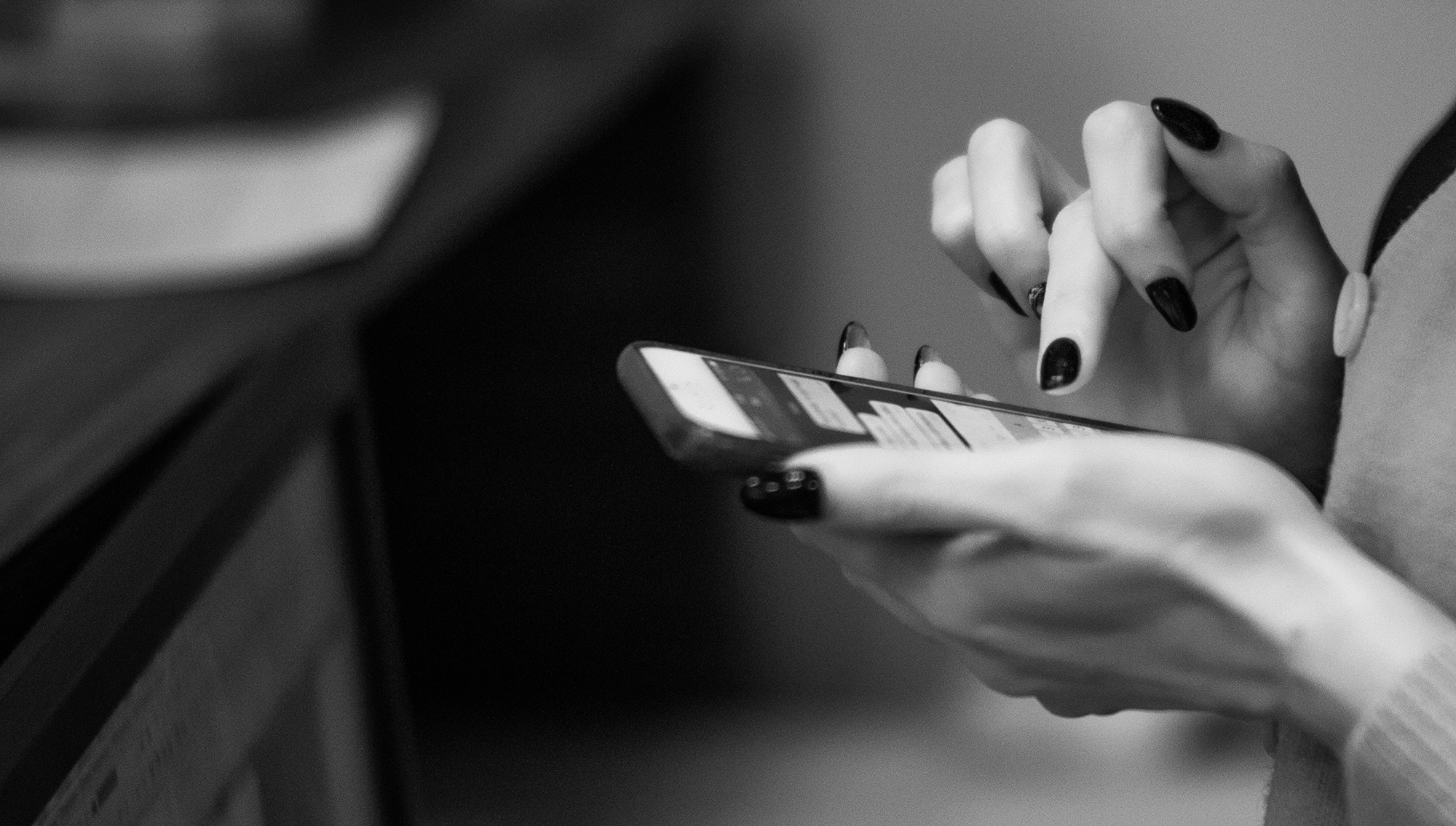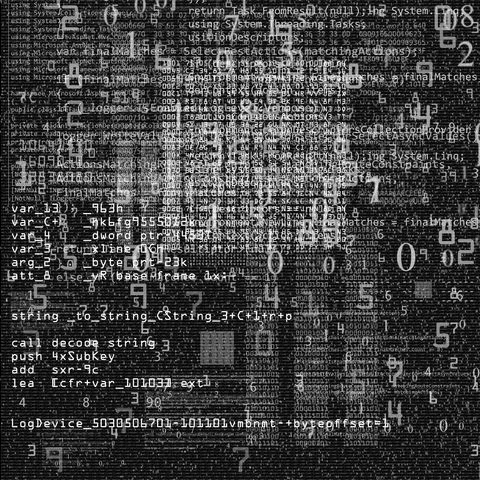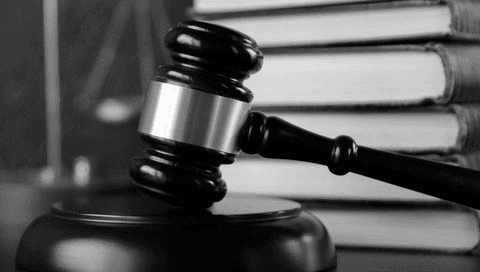The District of Delaware granted-in-part Shopify’s motion for judgment as a matter of law, or alternatively a new trial, citing gaps in the evidentiary record resulting in an insufficient basis for the jury verdict of infringement.
Shopify sought JMOL of noninfringement, or alternatively a new trial, following a jury verdict finding that its technology allowing merchants to build and add functionalities to online websites infringed Express Mobile’s patents and awarding Express Mobile $40 million in damages. The accused functionalities were YouTube and add-to-cart.
Shopify contended there was insufficient evidence to show that the accused functionalities have a singular UI object that receives inputs and displays outputs, as required by the asserted claims. The Court agreed, reasoning that no party had sought to construe the term “defined UI object” and there was no trial testimony or evidence demonstrating that Shopify’s product pages met that limitation. Without such evidence, the Court concluded JMOL for noninfringement was proper.
Shopify also argued there was insufficient evidence to find infringement in view of the asserted claims’ recitation of both a “Player” and “Application.” Part of the dispute concerned whether “Player” and “Application” had been adequately explained to the jury. The Court found the expert testimony regarding these limitations to be unclear, confusing, and conflicting, which made it “impossible to have any confidence in the verdict.” And for that reason, on this issue, it granted a new trial in the alternative.
Shopify further argued that Express Mobile did not prove at trial that Shopify’s systems directly infringed or showed evidence of infringement of the asserted method claims. Although the Court denied JMOL regarding direct infringement by the system claims, it granted JMOL on the method claims because there was insufficient evidence to prove direct infringement of those claims. Regarding the method claims, the Court found that Express Mobile’s evidence at trial focused on what Shopify’s systems could perform rather than proving that the systems actually did perform all of the required steps.
Practice Tip: It is axiomatic that a plaintiff alleging patent infringement bears the burden of proving infringement. Therefore, if evidence is not adequately presented to the jury to prove that the accused product meets each limitation claimed—including, for example, that the accused product uses the claimed features—the Court may be inclined to grant JMOL of noninfringement or a new trial. In cases where the claims are complicated and lengthy, the Court may carefully scrutinize a jury verdict of infringement; in particular, where the trial is lacking clear testimony showing one-to-one correspondence between the accused product and specific limitations in the asserted claims.
Shopify Inc. v. Express Mobile, Inc., Case No. 19-439-RGA (D. Del. May 17, 2024)




